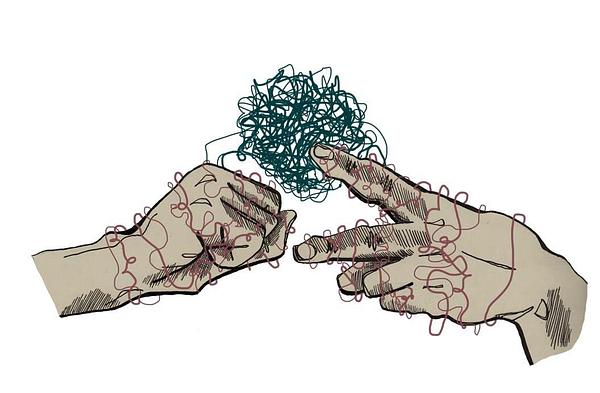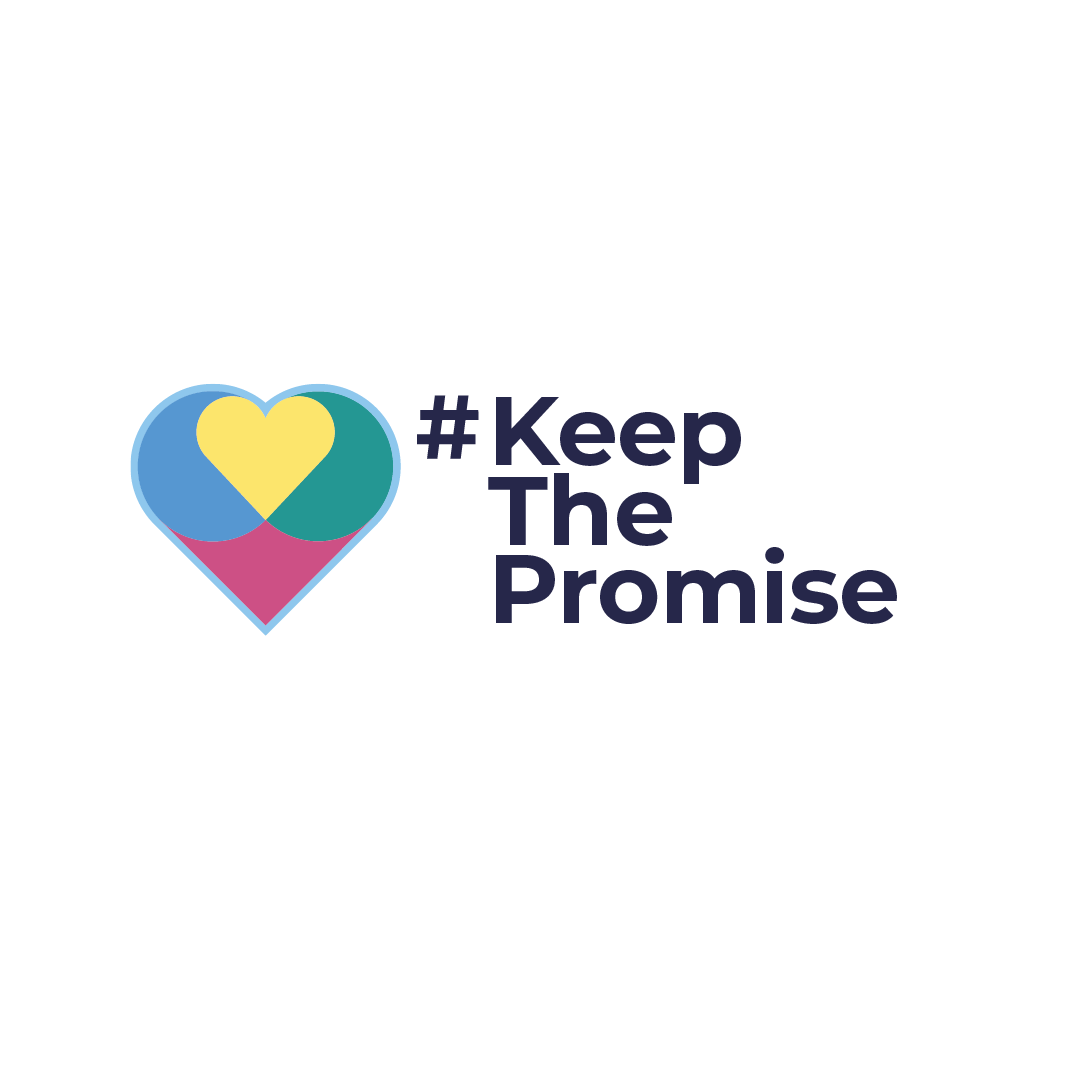Normalising, or trying to make mediation a more common solution
29 Jul 2014 By Paul Burns, Mediator

Normalising – or trying to making mediation as normal as possible.
If I was to normalise what I’m writing I wouldn’t use the word normalise; I would call it ‘making mediation as normal as possible’, but that’s a bit of a mouthful so I’ll use ‘normalise’ for now.
The reason I want to normalise mediation is so families can understand it and use what they have learned to improve interactions long after the mediator is gone. Also, if the process feels comfortable and understandable they are more likely to use it.
Normalising the event of mediation
Sitting in a room with your mum and a complete stranger to talk about your life is a bit odd. So it’s a case of making it as normal as possible. I keep it informal, conversational and try to demystify the process by being clear, open and uncomplicated. Then hopefully there is more chance they can make the process their own.
Sometimes new norms are introduced; for example, constructive discussion of issues rather than destructive bickering, listening, or the idea of a parent and their teenager talking on an equal footing, and taking responsibility for their own feelings.
Normalising the other (or getting each other into perspective)
In all kinds of conflict, from neighbour disputes to wars, ‘angry’ is the only side shown to the other, and it’s common for one to see the other as some kind of out of control, unreasonable monster. Sometimes that’s all you’re shown.
A young person once said in a meeting that they felt they were being portrayed as some kind of devil child. Young people sometimes depict fairly average parents as the meanest parents in town.
Normalise the situation
Conflict is a normal part of growing up and conflict can be positive; it can lead to change for the better. It’s pretty normal in households that contain teenagers for there to be some conflict – it does not mean you have failed. Conflict can also be heightened when you add things like divorce, metal health problems, drugs and other issues.
Denormalising (or changing habitual bad behaviours into good behaviour)
Mediation can help to show that some bad behaviours previously thought of as normal, are not ok and do not have to be the norm in the future.
If you want to find out more about how normalising is relevant to our work at Amber, I’m told a more detailed piece will be available online shortly.





